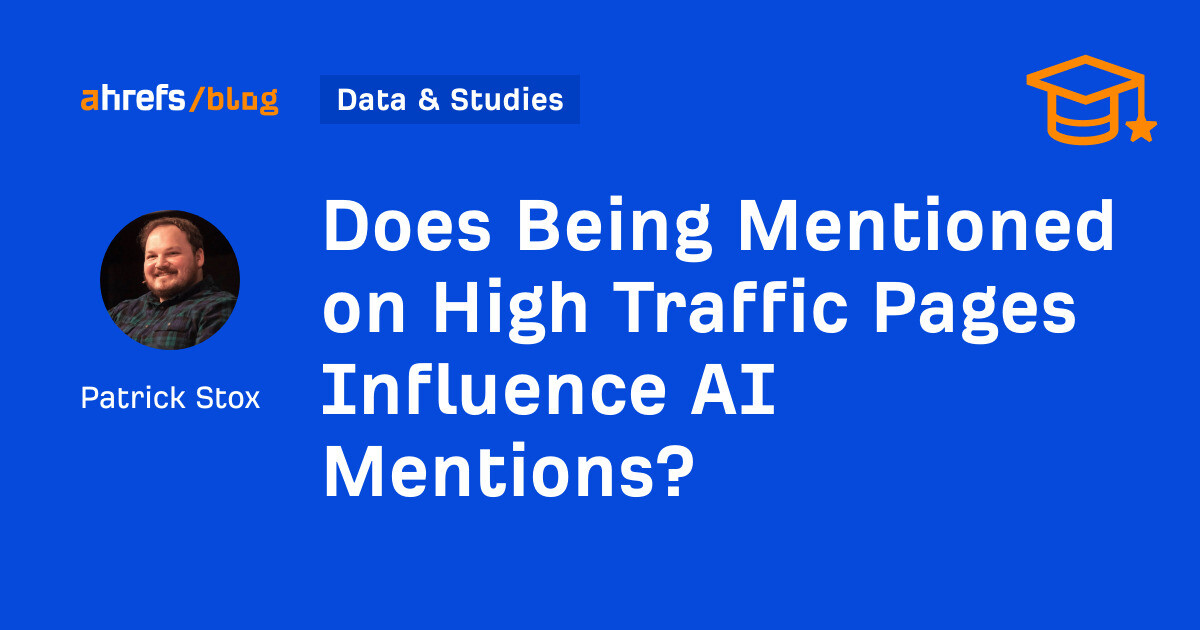The top 5 metaverse moments of October
Ad Age’s monthly ranking of metaverse moments from brands and others leaning into the virtual craze.

Short-form video app Triller is taking a shot across Meta’s bow with a new metaverse platform. Dubbed “Metaverz,” the proprietary world will showcase Triller’s owned-and-operated events, such as bare-knuckle fighting, rap battles and concerts. A teaser video suggests the world is island-themed, with virtual bars and a central arena for events.
“Metaverz” was built over the course of two years with AR/VR platform Epik, and has north of $100 million in investment value, per Triller. While the company is embracing the metaverse, the move follows a period of instability at Triller, marked by troublesome product rollouts and lawsuits from various parties. The company has also failed to annex a larger share of the short-form video market from formidable rival TikTok.
“Metaverz” will include a digital currency called “Illr Bucks,” which can be used for virtual apparel and tickets to events, according to Reuters. The world debuts on Oct. 22 with a performance by DJ Sam Feldt. Triller plans to host 2,000 events over the next year, the majority of which will occur in both the physical world and “Metaverz.”
No. 3: Cheetos celebrates Halloween with “Chesterville” game
Another Halloween activation in the metaverse comes from Cheetos, which is opening a temporary space in Meta’s Horizon Worlds called “Chesterville,” named after the brand’s cheetah mascot. The goal of the experience is to gain access to a spooky mansion on Cheetos Hill, which players can do by playing various games and causing mischief, such as Tp-ing trees and trapping fellow players in orange blobs.
Once inside the mansion, players will be able to vote to resurrect in the real world one Cheetos product that is no longer available. The products in question are Cheetos Flamin’ Hot Chipotle Ranch, Cheetos Flamin’ Hot Pepper Puffs and Cheetos Nashville Hot snacks, the winner of which will receive a second, limited-time run.
The Frito-Lay brand will also open up the vote on a microsite for consumers who don’t enter the virtual world. Fans can unlock “Cheetle Codes” from the brand’s social media to find more ways to advance in “Chesterville.”
No. 2: Tidal wave of critical Meta stories
Despite facilitating Cheetos’ activation, Meta has had a tough couple of weeks thanks to a slew of critical stories from various news outlets. The stories—which include deep dives from The New York Times, The Wall Street Journal and The Verge—all focus on Meta’s strategy for the metaverse, and note the project is so far faring poorly. The Journal, for example, found that Meta initially set a year-end goal of reaching 500,000 monthly active users for its Horizon World platform, but currently has yet to reach 200,000.
Elsewhere, The Verge reported a lack of use of Meta’s products by its own employees, while indicating an excess of bugs and internal frustration from project leaders. The Times further summarized confusion among Meta’s employees as to CEO Mark Zuckerberg’s true intentions for the metaverse.
This Meta coverage has intensified the negative attention directed toward the Web3 spaces since the crypto industry began to wind down earlier this year. Other adjacent markets, such as for rival metaverse platforms and NFTs, have also faced backlash amid lessening demand, which critics suggest is a sign that Web3 is a passing fad.
Related: How Meta is rebuilding its ad platform
No.1: President Macron gives a speech in Decentraland
On Oct. 6, French President Emmanuel Macron became the first leader of a country to give a speech in the metaverse. While the event, dubbed “Big 2022,” was held in Paris by investment bank Bpifrance, a virtual counterpart took place in Decentraland, where users could watch the speech on a giant screen in real time.
Metaverse event company RLTY organized the virtual event, and in doing so achieved a milestone for virtual spaces everywhere. It’s hard to imagine virtual events completely supplanting physical ones, but providing virtual counterparts as in the case of “Big 2022” could make metaverse spaces remarkably useful for a variety of industries.
Concerts are already leveraging this concept of “twinning,” as are combat sports (see No. 4 on this list). Could the political arena be next?

 ShanonG
ShanonG 
































